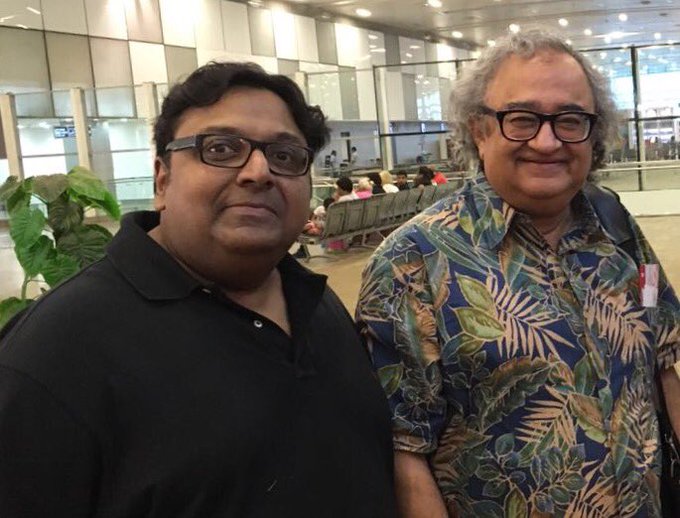Sports play a crucial role in developing life skills amongst children: Nita Ambani
|
|
|
|
Nita Ambani, Reliance
Founder Chairperson of Foundation, strongly believes that every child
must have the right to education and right to play .Education and sports
are the two bedrocks of any society and both complement each other to
foster a child's holistic development.Education empowers the youth to
make choices and chase their dreams.
The foundation has launched and
partnered with various initiatives in
sports, with focus on developing talent at the grassroots level, and has
used these activities as a motivator to raise their aspirations and
enhance the spirit of learning and leadership.Through its multiple
sports initiatives, it has already reached out to over seven million
children and youngsters across the country .
Two years ago, they launched the Reliance Foundation Young Champs Programme with the aim of helping young Indian footballers develop their talent. Through their grassroots initiatives, they have scouted and selected 41 talented children from across the country , and awarded them with residential scholarships to receive world-class football training as well as quality education at the foundation's school. In a short span of two years, these champs have shown the promise of excellence, winning 91 of the 107 matches played at the state and national levels. They hope that in a few years from now, they will be able to represent India in football on the global platform.
On the occasion of Children's Day , Nita Ambani says, “I wish every child a very happy Children's Day .At Reliance Foundation, we would like to reach out to millions of children in our country through our grassroots initiatives in sports.Sports play a crucial role in character building and developing life skills amongst children. I believe that India has no dearth of sporting talent. We are a nation with 50 per cent of the population below the age of 25. What is needed is a conducive environment for them to grow and blossom as sportspersons.“
Sports provides physical fitness and also strengthens the mind. It inculcates values of self-discipline, sportsmanship, team spirit, leadership, integrity as well as promotes a healthy lifestyle.More importantly, it is a great unifier, with its power to remove individual differences of religion, ethnicity , language, and geography and binds people together.
Two years ago, they launched the Reliance Foundation Young Champs Programme with the aim of helping young Indian footballers develop their talent. Through their grassroots initiatives, they have scouted and selected 41 talented children from across the country , and awarded them with residential scholarships to receive world-class football training as well as quality education at the foundation's school. In a short span of two years, these champs have shown the promise of excellence, winning 91 of the 107 matches played at the state and national levels. They hope that in a few years from now, they will be able to represent India in football on the global platform.
On the occasion of Children's Day , Nita Ambani says, “I wish every child a very happy Children's Day .At Reliance Foundation, we would like to reach out to millions of children in our country through our grassroots initiatives in sports.Sports play a crucial role in character building and developing life skills amongst children. I believe that India has no dearth of sporting talent. We are a nation with 50 per cent of the population below the age of 25. What is needed is a conducive environment for them to grow and blossom as sportspersons.“
Sports provides physical fitness and also strengthens the mind. It inculcates values of self-discipline, sportsmanship, team spirit, leadership, integrity as well as promotes a healthy lifestyle.More importantly, it is a great unifier, with its power to remove individual differences of religion, ethnicity , language, and geography and binds people together.




